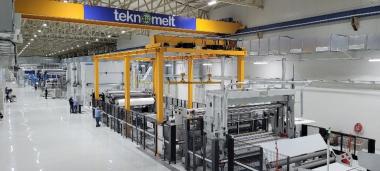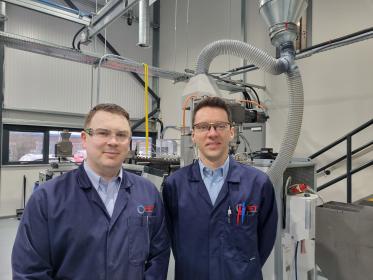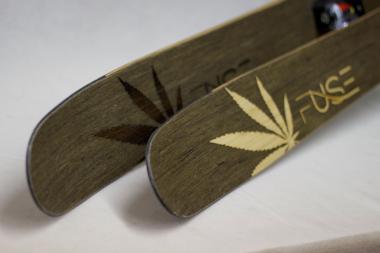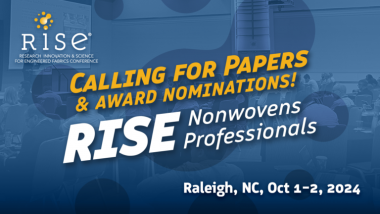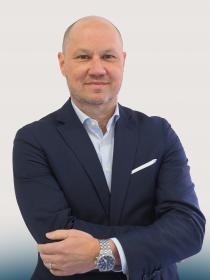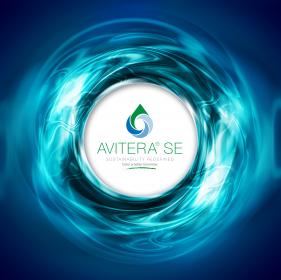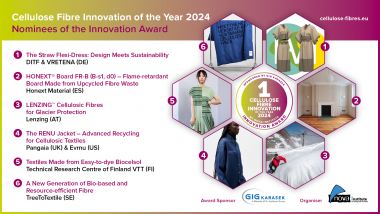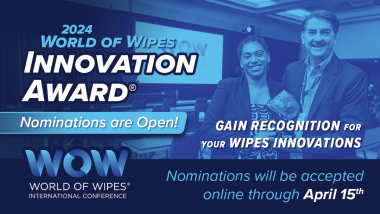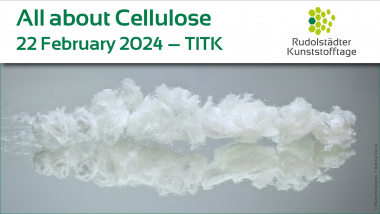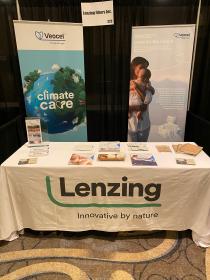ANDRITZ: Start-up of production line for sustainable wipes
International technology group ANDRITZ has successfully started up a new nonwovens production line supplied to Teknomelt Teknik Mensucat San. ve Tic. A.S. in Kahramanmaras, Türkiye. The new neXline wetlace CCP (carded-carded-pulp) line produces nonwoven roll goods for biodegradable, plastic-free wet wipes
By combining the benefits of two technologies, spunlace and wetlaid, the line enables the use of bio-based fibers, like viscose and wood pulp, to produce a high-performance and sustainable wipe with the same technical product characteristics and performances as a conventional wipe made of synthetic fibers while protecting the environment.
Teknomelt is one of the leading manufacturers of nonwoven meltblown, spunbond, SMS and SMMS fabrics in Türkiye. The company serves a wide range of markets, exporting 45% of its production. With the new ANDRITZ Wetlace CCP line, the company is expanding its range of sustainable nonwovens production for wipes.
ANDRITZ AG


